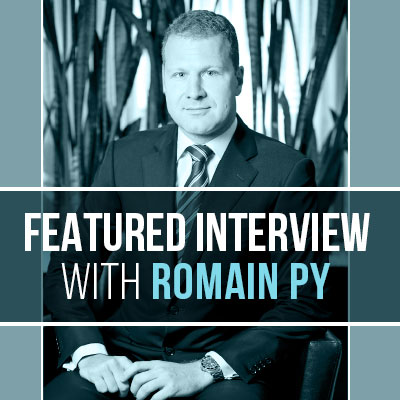
Romain is responsible for originating and executing investments into infrastructure projects and companies for AIIM’s infrastructure funds. The 35-member AIIM team manages about USD1.9 billion across six infrastructure funds designed to invest long-term institutional unlisted equity in African infrastructure projects. Romain has an in-depth knowledge of infrastructure sub-sectors and holds an MSc in Corporate Finance and an MSc in International Economics. He is a non-executive Director on the Board of AIIM Hydroneo, a 50/50 joint venture between AIIM and Hydroneo Afrique, a wholly-owned subsidiary of MECAMIDI. Romain was also one of the founding members of the JPMorgan Infrastructure Investments Group where he led a number of key transactions in the UK, Australia and Spain.
How big is the opportunity for public-private partnerships in Africa?
What key challenges face PPPs and how do you overcome them?
What about bottlenecks?
What is the role of a private institution such as AIIM?
Give some examples of successful public-private partnerships
Are African governments learning from each other and from the successes?
Is enough being done to get a strong pipeline of projects rolling out?
What about exits? How is the ability to get out of investments changing and what is the role of private equity and domestic investment institutions?